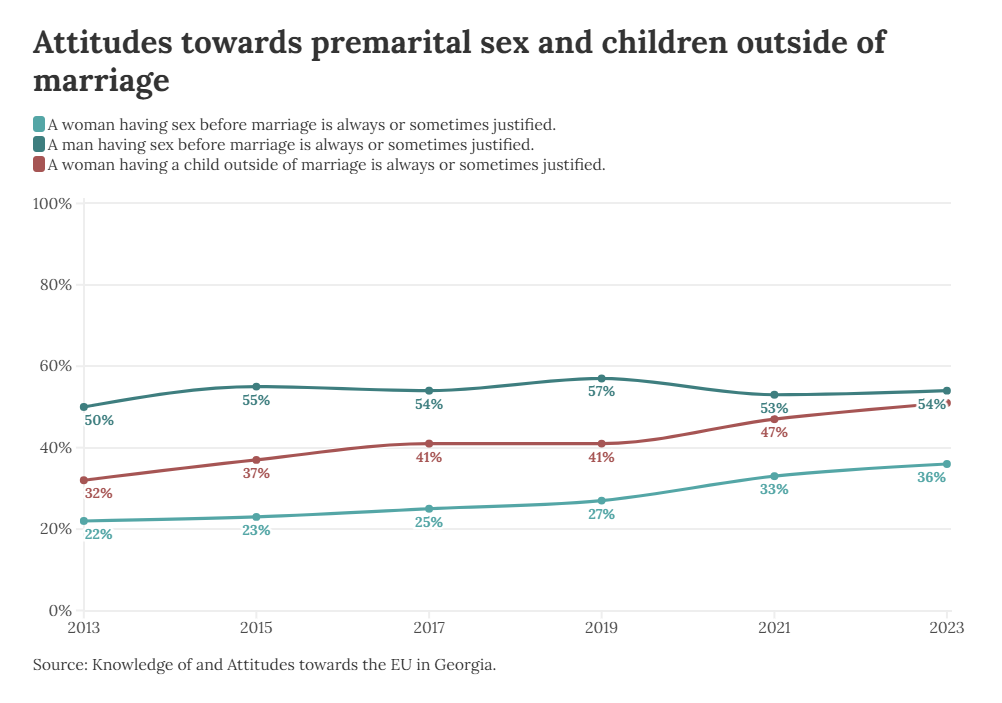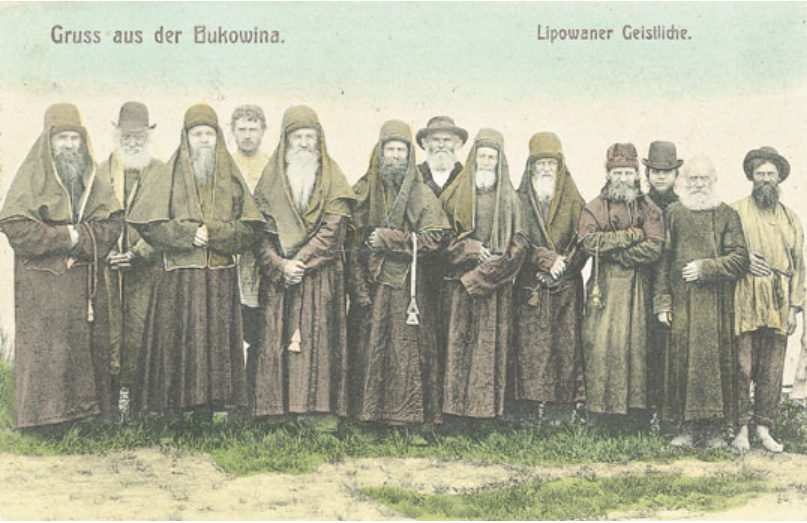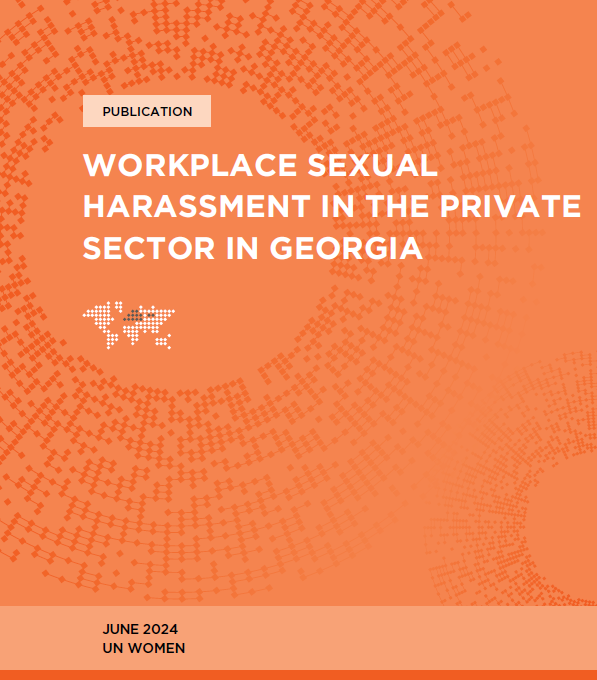Following the controversial events of May 17, 2013, CRRC-Georgia conducted a survey in order to gauge the opinions and attitudes of the adult residents of Tbilisi towards homosexuals and their rights. Among the various outputs following the survey was a series of blog posts exploring statistical predictors of homophobia. The findings indicated that a low level of education was one of the strongest predictors of homophobia among Tbilisi residents and that men had a higher probability of being homophobic than women, particularly when the men believed that homosexuality was an inborn rather than an acquired trait. This blog post looks deeper into the predictors of homophobia in Tbilisi by testing for a statistical relationship between homophobia and living in a household with one or more children under the age of 18. Our findings suggest that there is a significant relationship between these two variables, although it is different for men and women.
Unlike the previous series of blog posts on homophobia, weighted data is used for the descriptive analysis in order to make more accurate projections about the attitudes of Tbilisi residents. As was the case with the previous blog posts, we measure homophobia using the question, “[Whom] would you not wish to be your neighbor most?” Respondents were asked to choose one of the six groups presented on a show card: drug addicts, black people, adherents of a different religion, people having different political views, homosexuals, and criminals. Those who chose homosexuals (31% of those who answered this question) were deemed to be homophobic.
As the chart below shows, overall, there is no difference in the share of people reporting homophobic attitudes between those living in households with children and those living in households without children (32% and 31%, respectively). The findings, however, are very different separately for men and women. Specifically, we find that the share of Tbilisi females who are homophobic is 7% higher when one or more children live in their household, while it is 13% lower among men.














